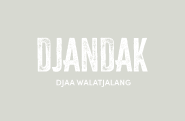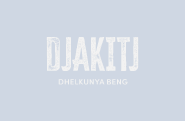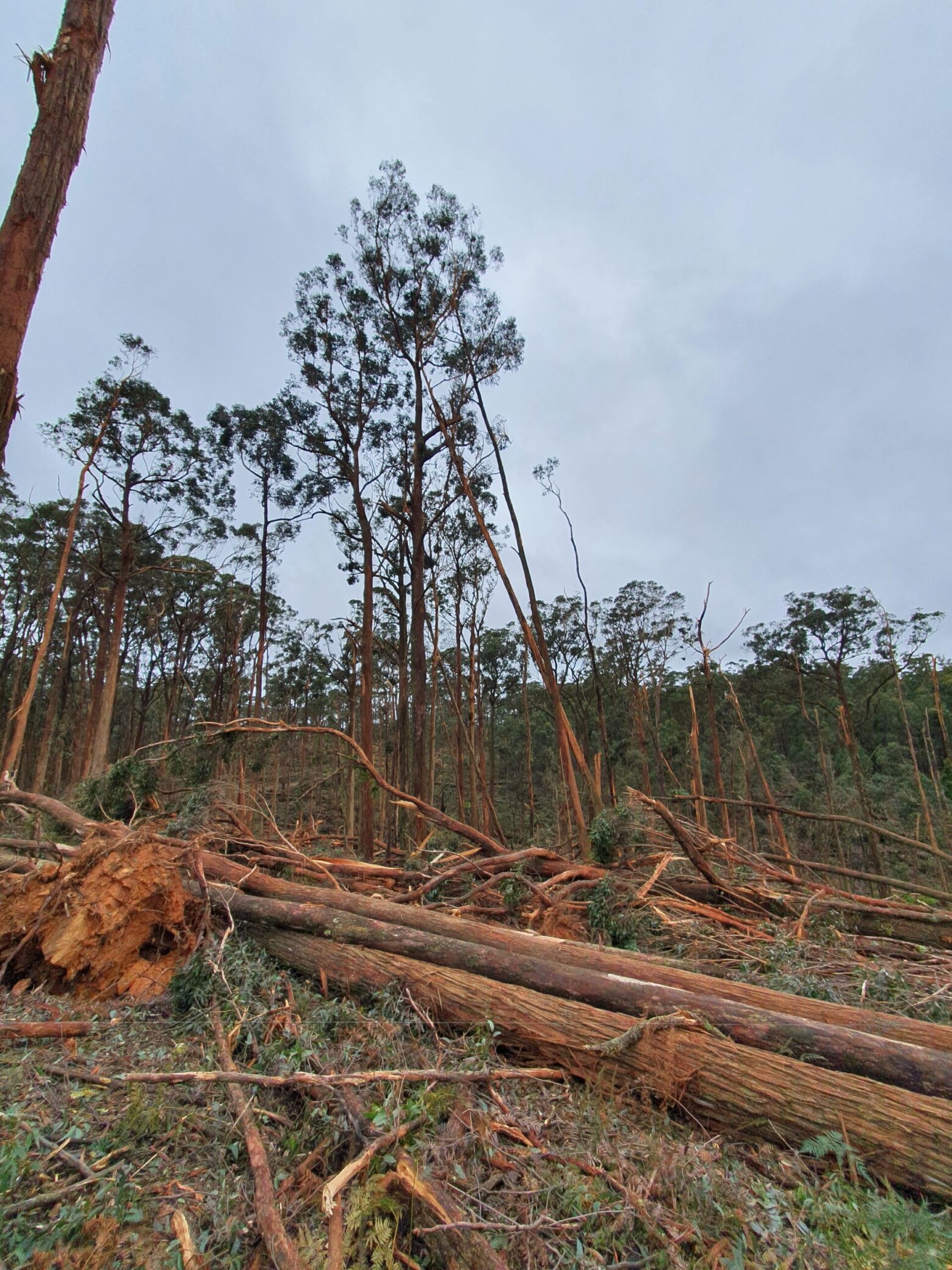MEDIA STATEMENT
Our concerns
As Dja Dja Wurrung people and as their representative and inclusive Traditional Owner Corporation (DJAARA), we are deeply concerned at the entrenched racism that we are experiencing and noticing in the reporting around the Wombat State Forest. It is clear that many in the community believe that Dja Dja Wurrung people can be manipulated and do not have the capacity to realise their follies; it is also believed that we are unable to make thoughtful, collective decisions and cannot be trusted to be self-determining. That these beliefs, so entrenched in the world of missions and colonisation, are so prevalent today brings down all in our community. It is perhaps however the unacknowledged paternalism of our friends that is most difficult to experience.
Dja Dja Wurrung people are strong. We have continued to practice Culture on Country despite the ongoing effects of a brutal colonisation. We will apply our practice to our Country on a cultural landscape scale, healing Country and ensuring the wellbeing of our People. All we ask is that we are supported, our inherited knowledge and responsibilities are acknowledged and that the attacks on our self-determined structures of representation are rejected.
Cultural Rights are Collective Rights
The fundamental distinction between cultural and the more commonly understood human rights is that culture develops and is enacted by a community. Recognised through exclusion, it is this collective right that prevents Indigenous Cultural Intellectual Property from protection under current Intellectual Property and Copyright legislations.
Exercise of these rights is now and always has been through a representative and inclusive group. The format for decision making may change, the structure of that group may change and the participants in that group may change, but, collective ownership of Dja Dja Wurrung cultural rights has always been enacted by the Dja Dja Wurrung peoples.
The Dja Dja Wurrung Clans Aboriginal Corporation (which operates under the registered business name of DJAARA, meaning “people”) is the Traditional Owner Group Entity within the meaning of the Traditional Owner Settlement Act 2010. The motto Balaki Wuka you see as part of our logo means “Giving to Community”. DJAARA is the entity selected by the Dja Dja Wurrung people to hold and exercise the rights secured under the Recognition and Settlement Agreement with the State of Victoria in 2013.
The Corporation is a registered Aboriginal party (RAP) under the Aboriginal Heritage Act 2006. To be a RAP is a statement of function and is not an organisation in itself and every RAP’s functions are described in s148 of that Act.
The processes of recognition through both sets of legislations are rigorous, requiring both an anthropological and cultural burden of proof. Underpinning recognition, as well as the corporation’s fundamental operation, is that it is inclusive and representative of all Dja Dja Wurrung people.
Our work in the Wombat State Forest
In June and October last year, stormfronts impacted 80,000 hectares of forest and 1,500km of road network, affecting landscape, Cultural Heritage and industry in an area including the Wombat and Lederberg State Forests. The scale of this damage created significant risks in increased bushfire conditions, limited recreational use of the area and impacted cultural use by Traditional Owners. Safety on Country was and is of the highest priority.
Enacting their responsibilities for Country through their Recognition and Settlement Agreement, DJAARA began a process of healing Country. In a priority shared by the State the primary focus was to make Country safe for all those on it and then to implement our practice of forest gardening to manage that Country back to health.
As with all work to be undertaken by the corporation, we look for those people with experience and expertise, coupled with respect for our responsibility to take care of Country. The provision of this, on such a scale, was limited and DJAARA was pleased to appoint VicForests to undertake making Country safe. We continue to protect Country through this process by embedding both Dja Dja Wurrung People and the principles of Forest Gardening within the VicForests team undertaking the work to make Country safe.
The current works are removing windthrown timber under a Recovery Timber Utilisation Plan (TUP). All partners have been clear that there will be no large-scale felling of standing trees under this TUP that the protection of Country not affected by the stormfronts will be prioritised.
We note that DELWP is commissioning VicForests to undertake work adjacent to the roads and tracks of the area.
Forest Gardening
We approach the management of Country through the contemporary lens of Country as a cultural landscape. These span across tenures, public land categories, Ecological Vegetation Classes (EVCs), townships and jurisdictions. DJAARA’s approach to managing these cultural landscapes holistically is to apply Forest Gardening.
Forest Gardening is our contemporary philosophy and practice of managing cultural landscapes. The language of ‘forest gardening’ is utilised to provide a way to communicate how Dja Dja Wurrung people interact with the environment. As a concept, Forest Gardening, seeks to bring worldviews and present an approach to managing Country in partnership within a contemporary context.
Forest Gardening is a combination of familiar, sensible terms. Gardens invoke emotion, exhibit beauty, exist dynamically and require humans’ enduring interaction, adaptation and care. To Dja Dja Wurrung people, Country is our garden and we are gardeners of the environment.
Forest Gardening is our dialogue with Country. Its practice is defined by cultural outcomes and indicators including the colours, smells, sounds touch and feeling of Country and availability of sustenance in the landscape. We consider how the energy of Country flows through the land, the flow of wind and water. Country’s responses, or the presence or absence of these indicators, determine the Forest Gardening practices required to produce cultural and environmental outcomes.
Although we did not seek it, there has been a very strong response from locals of the area who are grateful that the fire risk is being reduced and that this regrowth forest will be actively managed by Dja Dja Wurrung in the future. The locals reject the “lock and leave it approach” which has resulted in forest congestion, imbalance and a lack of diversity.
What next
Whilst we manage the care and healing of the Wombat State Forest, it is important that our knowledge, capability and capacity to undertake these works is respected. Whilst the authority of the Dja Dja Wurrung people’s self-determined representative structure, DJAARA, continues to be questioned we will be unable to care for Country with the focus it requires. DJAARA have partnered with VicForests to assist them in healing Country. This is being undertaken through the application of principles of Forest Gardening, and Country safe in removal of windthrown timber. Following this, we listen to Country and act upon what that dialogue tells us.
Download Media Statement: Our work healing the Wombat State Forest











































































